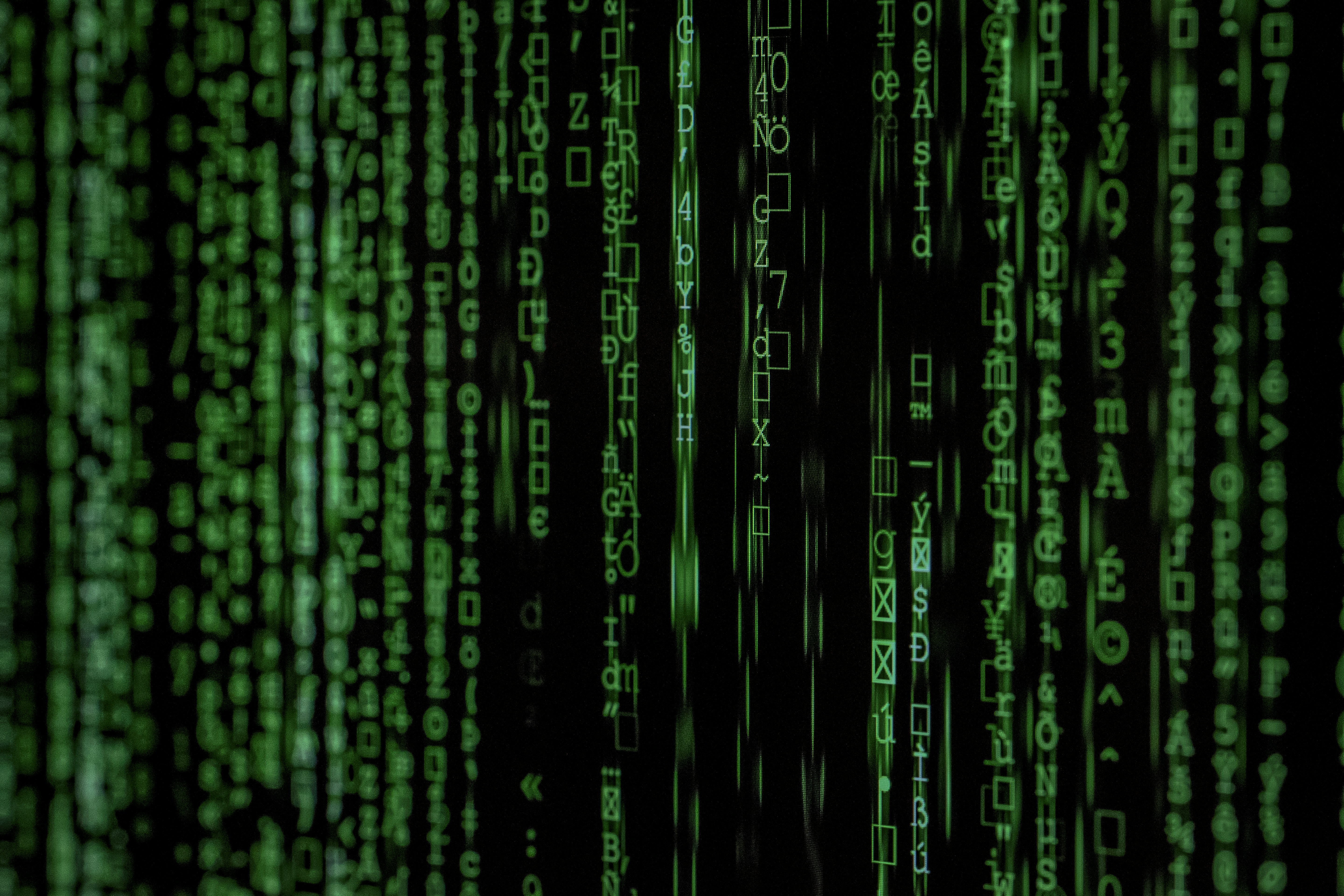The internet was once hailed as a marvel of modern civilisation, a digital Eden that promised connection, education, economic opportunity, and memes. And to be fair, it delivered. You can now order sushi at 2am, stream your favourite mid-budget crime docuseries, and have a PhD in molecular biology explained to you by a man in a tank top on YouTube. Magic.
Roughly 95% of the world’s knowledge is now digitised (Conifer Internet). That’s either an incredible democratic force, or the world’s biggest trivia night waiting to be hacked. It’s also been responsible for a hefty 21% of GDP growth across mature economies in recent years (McKinsey). SMEs with a decent web presence even double their export revenue compared to their tech-illiterate peers (nibusinessinfo). So yes, the web makes business better (and dumber, but we’ll get to that).
Students in remote towns are now taught by urban teachers via Zoom, which, for better or worse, has finally equalised bad teaching across postcodes. Remote learning has also been linked to higher test scores and better earnings in rural areas (VoxDev). And in healthcare, online services have helped streamline support, particularly for those with disabilities, like webcams for sign language or screen readers for the visually impaired (NJ.gov).
The internet’s also supercharged activism, giving movements like Black Lives Matter a platform to organise, amplify voices, and turn tweets into real-world mobilisation (Kowthar on Medium). Power to the people… for now.
The Venus Flytrap: Sweet Convenience, Bitter Cost
But here’s the twist. The same digital infrastructure that delivers kitten GIFs and same-day deliveries is also a 24/7 surveillance network. And no, that’s not paranoia. That’s just the business model.
Social platforms run on what’s now charmingly known as “surveillance capitalism”, where your location, photos, search history, purchase habits, and even biometric data are hoovered up and monetised (EBSCO, ACLU). Your digital shadow is arguably more valuable than you are, and more loyal.
Smart devices, too, have overachieved. Samsung Smart TVs, for instance, were found to be potentially recording private conversations and transmitting them to third parties (Europarl). Great if you’re lonely. Less great if you’re discussing your will.
Cybercrime has surged by 43%, thanks to increasingly sophisticated phishing and ransomware attacks (Bitsight). The global cost of cybercrime is projected to rise from $9.22 trillion in 2024 to a breezy $13.82 trillion by 2028 (University of San Diego). That’s more than the yearly damage caused by natural disasters, except this disaster comes with a CAPTCHA.
And then there’s the problem of misinformation. AI-driven personalisation now curates content so efficiently that you can live in a completely false reality, and never even know it. These “echo chambers” reinforce your existing beliefs while filtering out anything mildly challenging (APA, New America). It’s like being trapped in a bad Netflix algorithm, except it’s your worldview.
The All-Seeing State: Governments Want In
Naturally, governments watched this play out and thought: “We’ll have some of that.”
Agencies like the NSA have been accused of engaging in mass surveillance, collecting call data, emails, and metadata from millions of citizens with all the subtlety of a bull in a datacentre (Wikipedia, Hartman Law).
Even more subtle is the Pegasus spyware, used by authoritarian regimes to surveil journalists, human rights activists, and anyone else who might get the wrong idea about liberty (Human Rights Watch).
China’s “Great Firewall” and Russia’s “sovereign internet” law give them near-total control over domestic internet traffic (Freedom House, CSIS). Deep Packet Inspection (DPI), AI-enhanced facial recognition, and state-mandated censorship ensure nothing unpleasan, like the truth, slips through.
And then there’s the truly dystopian stuff: China’s Social Credit System, which assigns citizens behaviour scores and punishes “bad” actions, from jaywalking to criticising the state. Travel bans, job blocks, and public shaming come standard (Medium). Orwell and Huxley would be impressed.
The Quantum Wildcard: Coming Soon to Break All Encryption
The next tech phase promises not a utopia, but something far more efficient: a data apocalypse.
Quantum computing may soon render current encryption laughably obsolete. Experts warn of a “harvest now, decrypt later” threat, where attackers stockpile encrypted data today and wait for quantum tools to crack it open tomorrow (Decent Cybersecurity, CSA, VivaTech).
Meanwhile, AI’s influence over speech, content, and decisions is growing. Automated content moderation risks silencing legitimate expression, while algorithmic decisions about everything from loans to parole become increasingly unaccountable (Global Freedom of Expression, Oxford Academic). Welcome to the “black box” society, where no one knows why the machine said “no” just that it did.
And all this rests on fragile infrastructure. A simple outage today can cripple hospitals, finance, or public services. Digital dependency has made society increasingly brittle (American University). Meanwhile, studies show our cognitive skills are declining as we outsource memory and judgement to our devices (Frontiers, PMC). It’s not a bug. It’s the product design.
Conclusion: A Digital Eden With Exit Fees
The internet promised us liberty, opportunity, and enlightenment. What we got was two-day delivery, targeted ads for things we mentioned once, and a vague, persistent sense that we’re being watched. Because we are.
It remains one of humanity’s most powerful tools. But we’ve wrapped so many vital systems around it, education, government, economy, identity, that we now live in a digital greenhouse. Bright. Beautiful. Fragile.
Unless we act, through smarter regulation, real privacy rights, and perhaps even switching off once in a while, we risk turning the most powerful invention of our age into a self-inflicted trap.
And the worst part? We all clicked “Accept All” without reading the terms.

